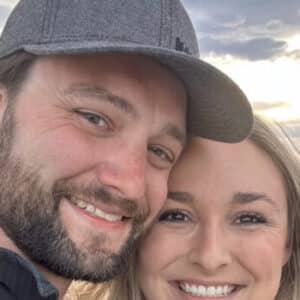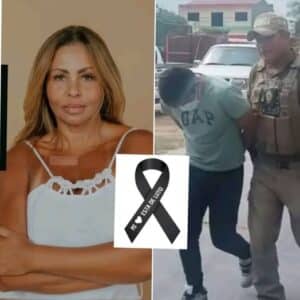“My Brother, My Teacher”: Choosing Caregiving on My Terms
Keywords: family caregiver, cerebral palsy, sibling love, caregiving burnout, disability advocacy, viral video, community support, purpose
The day the will changed everything
When my parents read their will, I thought it was a bad joke. Everything—the house, the savings—went to my brother, Dorian, who has cerebral palsy. I would only receive money if I became his full-time caregiver. I love him fiercely, but after years of sacrifice, that ultimatum felt like a verdict on my life.
I’m 29, building a small photography business, and was planning a move with my partner, Jules. My parents knew all of that. Still, I kept hearing my mom’s line on repeat:
“You’re the only one we trust.”
Trust—or guilt?
The love that started long before lawyers
Dorian can’t walk and struggles to speak, but he laughs more than anyone I know. I grew up giving up sleepovers and dates to be with him; I never complained. When I visited after the will, he lit up and called my name—“Naa-than!”—and I felt my anger shift. Not at him. At a system, and at a choice that seemed to erase mine.
Jules asked what I’d regret more: taking care of him, or not. That question stayed.
Saying yes—on my terms
I sold my share of the studio and moved back. The first weeks were brutal: bathing, feeding, meds, diapers, therapy, and a body that woke to his night terrors before my brain did. Jules and I faded. I understood why.
One night I set up an old camcorder to see what I missed while juggling tasks. On playback, Dorian kept staring out the window at our neighbor’s garden. The next day I wheeled him outside. Our neighbor, Rosa, knelt to his level and waved like she’d been doing every afternoon.
Community walked in through the side gate.
Finding help, finding a voice
Rosa and her husband brought food, ran errands, and gave me breaks. I began filming small moments—Dorian’s smiles, therapy wins, the way he chirps at birds—and posted a short clip titled My Brother, My Teacher. It went viral.
Messages poured in from caregivers, nurses, and siblings worldwide. I started sharing the real parts: exhaustion, guilt, joy. A note I’ll never forget read:
“I was going to give up on caring for my sister. Your videos reminded me why I started.”
Bitterness loosened its grip.
A different kind of career
Dorian turned 30. We threw a backyard party. My former business partner, Miles, handed me a photo book of our studio and said:
“You’re still creating—just in a different medium.”
He was right. A nonprofit director saw the videos and invited me to help design a family-caregiver training program. Before long, I was giving talks, co-writing guides, and helping shape better standards of care—traveling a few times a month while keeping Dorian as my center of gravity.
The moment that rewrote the story
Two years in, as I helped him into his chair, Dorian locked eyes with me and said, clear as daylight: “Love… you.” He’d never said it like that.
I broke. He patted my back with one hand, like he knew exactly what it cost and what it gave me.
I used to think I’d “given up everything.” Now I understand: I traded—for purpose, for community, for a love that doesn’t need applause to be real.
What I’d tell anyone standing at the fork in the road
If you’re stuck between two roads, don’t only ask what’s easier. Ask what you’ll be proud of when you look back.
I don’t think my parents were testing me. I think they offered me one last, imperfect gift: the chance to choose something bigger than myself—and to do it on my terms, with support, with boundaries, and with a village.
Because sometimes, the harder road leads to a softer heart.





